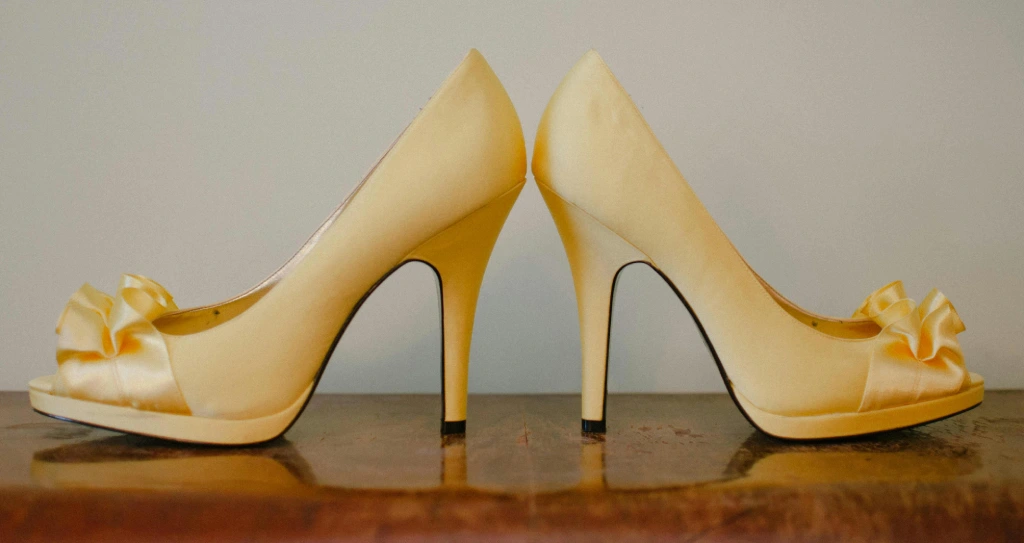The UK is home to some of the biggest fashion brands in the world, many of which have transcended their humble beginnings to become well-known worldwide.However, what is the history underlying the excitement? In order to understand how the most well-known fashion brands in the UK came to be known as such, this article explores their histories and philosophies in great detail.
1. Burberry – A Symbol Of British Luxury
Burberry must be brought up in any conversation about British fashion.The company was founded by Thomas Burberry in 1856, and its first significant contribution was the design of the now-iconic trench coat. Burberry’s high-end outerwear was based on its famous gabardine fabric, which was initially created for British soldiers during World War I and quickly became a symbol of both style and durability.
However, it wasn’t until the 1980s and 1990s that Burberry became the center of a global fashion scandal. The brand’s recognizable check pattern, which began as a straightforward lining, is now a mainstay in scarves, purses, and outerwear.The brand has become a symbol of traditional British sophistication by deftly combining tradition and contemporary design.
2. Adidas Originals – Streetwear Meets Sport
Adidas Originals is a mainstay of streetwear culture in the UK, despite not being British. By the 1980s, the German sportswear behemoth had a firm grip on British street culture after making its debut in the UK market in the 1960s.
In the UK, Adidas Originals quickly became linked to the working-class ethos of football culture and the fashion-forward attitude of the London scene.Whether it’s the iconic three stripes or the world-renowned Gazelle sneaker, Adidas has remained a key player in the British fashion world, blending athletic functionality with urban flair. Adidas’ position in the fashion industry has been further solidified through partnerships with UK designers, musicians, and artists.
3. Supreme – From Skate Culture To Global Icon
Founded in New York City in 1994, Supreme may not be UK-based, but it has undoubtedly had a massive impact on British fashion. Known for its bold graphics, limited-edition drops, and collaborations with high-end brands, Supreme is more than just a skatewear label — it’s a symbol of exclusivity and countercultural cool.
Despite its US origins, Supreme has had an indisputable impact on the streetwear scene in the UK. Supreme fans flocked to London in particular, and the brand’s recognizable red-and-white box logo has come to represent the glitzy streetwear industry. The brand’s ties to the UK market have only grown stronger as a result of its partnerships with British musicians, artists, and designers. In the UK fashion industry, obtaining a Supreme piece has become a rite of passage for many.
4. Vivienne Westwood – The Queen Of Punk
British fashion’s rebellious spirit is personified by Vivienne Westwood. Westwood was a designer who contributed to the definition of the punk movement in the 1970s, which had a significant influence on fashion and culture.
The London punk movement started with Westwood’s and the Sex Pistols’ manager Malcolm McLaren’s early work at their store, SEX. Her DIY aesthetics, tartan fabric, and safety pins soon became emblematic of the punk movement. A passionate environmentalist who uses her platform to advocate against climate change and political injustice, Vivienne Westwood is also a fashion icon.
5. Stone Island – Military-Inspired Streetwear
Founded in 1982 by Italian designer Massimo Osti, Stone Island is an Italian brand with strong roots in British fashion, particularly within the realms of football culture and working-class streetwear. The brand is best known for its innovative fabric technology and distinctive compass patch logo, which has become one of the most recognizable symbols in modern streetwear.
The British casuals subculture, a subset of football fans renowned for their stylish attire and preference for luxury sportswear brands, came to be associated with Stone Island. Given that the brand is still a major force in the luxury streetwear market, its impact on UK fashion is evident. Collaborations with other upscale fashion labels, such as Supreme, have also contributed to Stone Island’s rise to legendary status.
6. Alexander McQueen – The Dark Genius Of British Fashion
Alexander McQueen is one of the most influential designers to ever come out of the UK. Known for his avant-garde designs and often provocative runway shows, McQueen’s legacy is a blend of dark romanticism and high fashion craftsmanship. After studying at Savile Row and Central Saint Martins, McQueen quickly rose through the ranks of British fashion, eventually launching his own eponymous brand in 1992.
McQueen pushed the limits of fashion into the field of art with her work, which frequently examined themes of life, death, and the human form.His skull motif, which has persisted as a brand emblem and is used on scarves and accessories, represents his rebellious nature and fascination with death. Since his untimely death in 2010, the brand has thrived under the creative direction of Sarah Burton, carrying on McQueen’s legacy while developing fresh and innovative designs.
7. Fred Perry – The Icon Of British Casuals
Another well-known British company that has assimilated into street culture is Fred Perry. The brand, which was founded in 1952 by tennis legend Fred Perry, initially specialized in performance sportswear but quickly came to represent casual British style. Originally linked to tennis, its laurel wreath emblem is now seen on everything from jackets to polo shirts, serving as a representation of traditional British streetwear.
Fred Perry’s iconic status is largely due to its ties to British subcultures, especially the Mod and Britpop movements. From the skins and casuals of the football terraces to bands like Oasis and Blur, Fred Perry came to represent subtle yet aspirational British style.Today, the brand continues to combine its sports heritage with contemporary fashion, maintaining its status as a go-to for classic yet edgy British casual wear.
Conclusion
The UK’s rich fashion history and continued influence on the international fashion scene are attested to by the histories of its most well-known fashion brands. From Vivienne Westwood’s punk revolution to Burberry’s traditional British luxury, these businesses have become cultural icons.Through their skill, connections to subcultures, or ability to blend innovation and tradition, these brands have influenced and will continue to influence the fashion industry. For these UK icons, the history behind each item of clothing is just as important as the actual design.
Note: When you make a purchase through our affiliated links, a small commission is earned by us.





Leave feedback about this